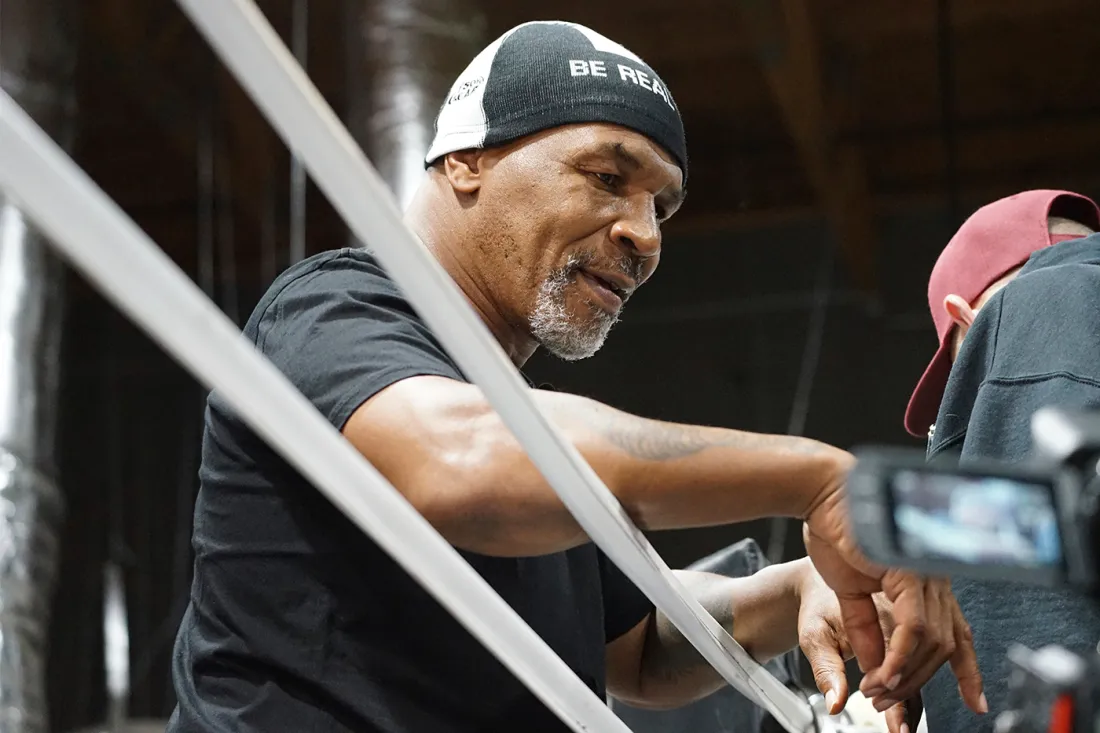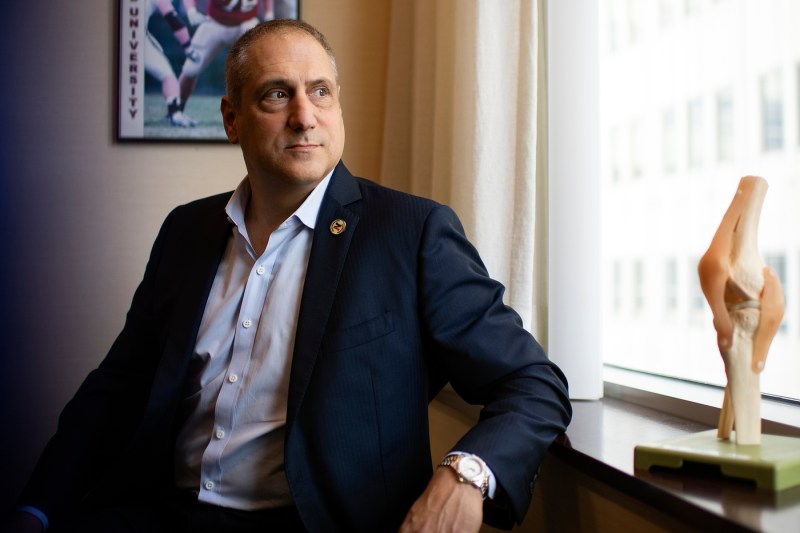Health Experts Warn Against 58-Year-Old Mike Tyson’s Boxing Comeback

Health Experts Warn Against 58-Year-Old Mike Tyson's Boxing Comeback
Health Experts Warn Against 58-Year-Old Mike Tyson’s Boxing Comeback – A consensus among a neuroscientist and a medical professional underscores the heightened risk of traumatic brain injury for Mike Tyson should he pursue his return to boxing at 58 years old.
Despite being regarded as one of the greatest heavyweight boxers in history, Tyson’s decision to step into the ring against the considerably younger Jake Paul, aged 27, raises concerns about his well-being.
The imminent bout, scheduled for July 20, has sparked debate over the wisdom of Tyson’s comeback, particularly given his age and the potential consequences of facing a much younger opponent. Art Kramer, a psychology professor and the founding director of the Center for Cognitive and Brain Health at Northeastern University, emphasizes the enduring impact of earlier traumatic brain injuries on Tyson’s current health status.
While medical advancements have provided avenues for managing various conditions in older individuals, the aging process interacts significantly with head trauma, amplifying its severity over time, Kramer notes. Structural changes in the brain, such as shrinkage, amplify the risk by allowing more movement within the cranium.
Additionally, age-related alterations in blood vessels render them more fragile and susceptible to damage, exacerbating the potential for injury.
Gian Corrado, head team physician for Northeastern athletics and director of emergency sports medicine at Massachusetts General Hospital, underscores the heightened risk Tyson faces for subdural hematoma and intracranial hemorrhage due to age-related changes. “He has a couple strikes against him,” Corrado points out. “One is his age.
There is clear data that says the risk of brain injury goes up after 50. And then you have the fact that he has almost definitely suffered brain injury from previous fights.”
It’s essential to recognize that boxers of all ages jeopardize their health when stepping into the ring. However, the risks escalate for older fighters.
Art Kramer, a psychology professor and director of the Center for Cognitive and Brain Health at Northeastern University, elaborates on the reasons behind this heightened danger. “One is that the head trauma you have when you are younger tends to hang around, even subtly, sometimes for many, many years,” he explains. “But as we get older, we also have many other separate issues that have to do with brain function, brain structure, cognition and so forth.”
The American Academy of Neurology categorizes boxing as a sport involving intentional brain trauma and has outlined recommendations to mitigate harm.

They also highlight the increasing involvement of children in sports that pose risks to brain health. Kramer emphasizes the detrimental effects of repeated head injuries regardless of age. “Repeated head injuries aren’t good for anybody,” he stresses.
While longitudinal data on the effects of traumatic brain injuries are still limited, Kramer warns of chronic traumatic encephalopathy (CTE), a severe condition associated with repeated blows to the head that can lead to dementia. “Even many years later, these concussions tend to have long-lasting effects,” Kramer asserts.
As a former boxer himself, Kramer acknowledges that most professional boxers experience concussions at some point. He delineates the spectrum of traumatic brain injury, ranging from mild to severe, with many athletes experiencing both.
Moreover, Tyson’s use of medications could pose an additional risk factor. “Even something as simple as an 80 milligram baby aspirin, which will help your blood thin out a bit — taking those blood thinners and then getting into the ring could cause more bleeding in the brain,” Kramer cautions.
















2 thoughts on “Health Experts Warn Against 58-Year-Old Mike Tyson’s Boxing Comeback”
Comments are closed.